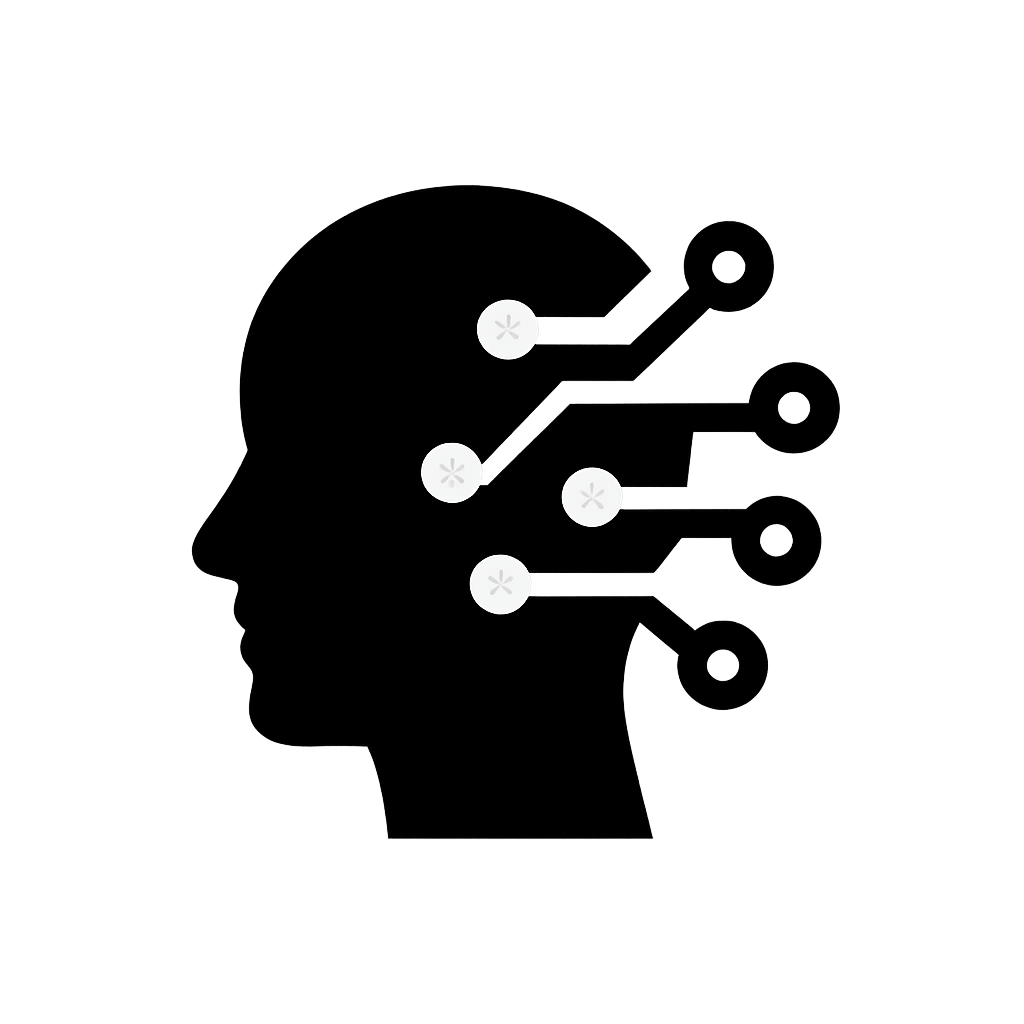AI is not a trend — it’s the new foundation of business competitiveness. Those who adapt early gain exponential increases in efficiency, accelerate their processes, reduce costs, and unlock new growth points. But implementing AI isn’t just about “plugging in a neural network.” It’s about strategy, bottlenecks, operational friction, and technologies that aren’t always visible at first glance.
AI consulting is a fast way to identify high-impact opportunities tailored to your business. No buzzwords, no hype, no illusions — only what can realistically work for your processes, data, resources, and goals.
What’s included in an AI consultation?
An AI consultation is not about generic advice or tool demos. It’s a strategic conversation and diagnostic session. During the consultation, we:
- Break down your business case: objectives, processes, data, and goals;
- Identify areas where AI can deliver measurable value (in cost savings, speed, or revenue growth);
- Review what technologies and tools are already available — and which ones can be adapted for your needs;
- Determine how to start: with an MVP, a pilot, AI agents, no-code tools, or custom development;
- Discuss how to integrate AI into your operations without disrupting workflows or creating resistance from the team.
How it works
The format is a 60–90 minute video call. Before the session, you’ll fill out a short brief about your business, current challenges, and goals. This saves time and ensures a focused conversation.
After the consultation, you’ll receive:
- A PDF summary of recommendations;
- A list of relevant tools and solutions;
- A next-step plan (what to do immediately and what to plan for later);
- If needed — onboarding into an ecosystem of no-code/low-code/LLM-based tools and agents.
Consultation outcomes
At the end of the session, you’ll receive:
- A concise PDF summary with tailored recommendations;
- A list of relevant AI tools, models, and platforms;
- A clear action plan: what to implement immediately and what to schedule next;
- If applicable — guidance on integrating no-code, low-code, or LLM-based agents into your existing systems.
Case Studies
1. Logistics
Consultation for a regional logistics business. Together with the founder, we mapped out key goals, identified bottlenecks, and evaluated readiness for automation. Based on available resources and current processes, I developed a pilot plan and proposed an MVP using an open-source LLM model and a no-code tool to build an AI agent for processing delivery documents and ensuring compliance with regulations. The solution was designed with scalability in mind for additional document types and workflows.
2. Real Estate Development
Consulting for one of the largest developers launching an end-to-end automation initiative for residential planning. I reviewed the initial technical specification for an LLM-based module, identified gaps and risks, and revised the architecture. I defined MVP goals and metrics, estimated resources, team roles, and timelines. The result was a refined implementation plan and risk map focused on integrating the AI module into the developer’s existing digital ecosystem.
3. Retail
Consultation for a regional retail chain with over 120 stores implementing an AI-driven pricing module. The project aimed to reduce the workload of category managers and increase revenue through automated pricing decisions based on hundreds of parameters. The architecture involved a microservice with an LLM model integrated with 1C: incoming data triggered recommendations on pricing and promotional SKUs.
I joined during the implementation phase as an external AI consultant to assess the solution’s logic, ask critical questions, and propose alternative approaches to data processing and model interpretation. This helped the team proactively address risks and improve system reliability while keeping manual control in place for business-critical decisions.
4. Financial Services
Independent review of an AI-agent solution proposed by a third-party vendor for a company in financial services. The task was to assess whether the vendor’s approach was aligned with the actual business needs.
I differentiated where generative AI was justified and where simpler automation would be more efficient and cost-effective. Based on the analysis, I proposed a staged MVP structure, highlighted implementation risks, and provided recommendations on tools, budget, and rollout timelines. The result was a clear, realistic, and cost-effective roadmap.
5. Small Businesses (20+ projects)
Delivered over 20 AI consultations for entrepreneurs and small teams in education, online services, marketing, and tech. The focus was on applying generative AI to real business use cases: automating content generation, improving lead conversion, and enhancing customer service.
Projects included selecting relevant LLM models and tools, setting up logic for Telegram-based AI agents, and embedding AI into workflows for marketing, training, and client communication. Some solutions were built using ChatGPT and Make, covering knowledge management, personalized interactions, and documentation.
Results: faster operations, reduced manual workload, and increased revenue through better customer engagement.
Why Choose Me
I bring together strategic thinking, startup experience, and deep knowledge of generative AI. I speak the language of founders and product teams, while understanding what’s really happening under the hood of models and tools.
I work fast, with clarity and without fluff. I focus not on “adding AI,” but on identifying exactly where it brings business value — through cost reduction, process acceleration, or better decisions.
Each project benefits from a combination of:
- 12+ years in tech and product leadership;
- 3 years of hands-on work with LLMs and AI-driven automation;
- Dozens of consultations and implemented solutions across industries.
My approach: precise diagnostics, pragmatic recommendations, and realistic planning — all tailored to the actual goals, constraints, and resources of your business.
